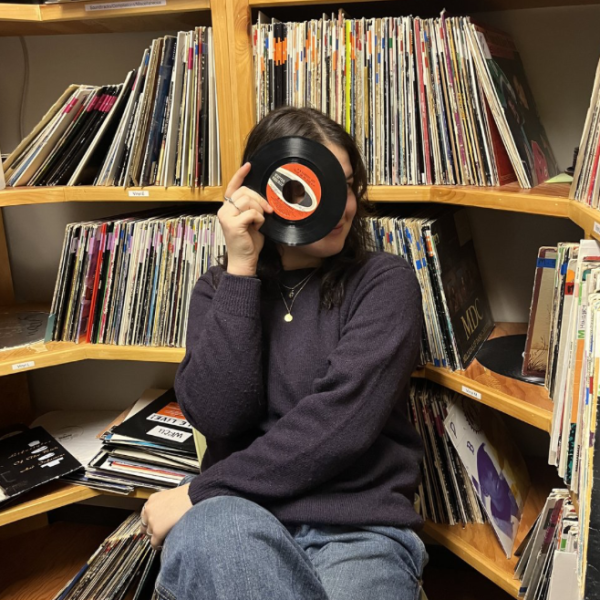Editor’s Column: Nostalgia
This past week in my Greek class, we learned the etymology of the word nostalgia. The word in English means “a wistful yearning or affection for the past,” but it comes from two ancient Greek words: “nostos,” meaning a return to home, and “algos,” meaning pain. I left class that day and my thoughts were swirling. Thinking about the past, my home and my high school experience, I came to ask myself, “How did I wind up in the Classics Center of Lawrence Hall learning an unspoken language with one of my best friends?”
My internal quest led me to my first day of high school. My yellow uniform skirt was perfectly pressed, and as my shiny new sneakers squeaked down the hallway, I approached my first class: Latin. Dr. Tracey stood looming at the front of the classroom. He was a burly, yet sophisticated man with a beard as thick as his accent. I was both bemused and perplexed by him and this new language journey I was embarking on. Immediately, he began explaining the complexities of declensions and cases—concepts that were unfamiliar to me and everyone else in the classroom—and shouting the endings of first declension masculine nouns at us.
I returned home that day furious. How could my mother put me through such tourture? Latin is a dead language, anyway! But after an encouraging and supportive chat with my parents, I went to class with a renewed sense of purpose: solving the puzzle of the Latin language. As the year progressed, I learned more grammar and vocabulary than I had since middle school, and I studied harder than I ever had in my life. Everything seemed to be going smoothly until my mysterious teacher, out of the blue, disappeared to Europe. My class and I began to panic. How could anyone replace Dr. Tracey? What would we do without him?
Coming to teach a Latin class halfway through the year, Mr. Kelting had big shoes to fill, but he exceeded all of our expectations. Mr. Kelting had the unique ability to teach in a way that enriched our spirits, rather than just our minds. Our Latin grammar lessons were always accompanied by his stories of flying planes, his favorite jokes or the latest accomplishments of his children. Mr. Kelting transformed our Latin class into a place of refuge from the stresses of the outside world, where all we needed to think about was Latin and the occasional anecdote. To end class one day, he told us a funny story about his favorite word, schadenfreude (finding joy in someone else’s pain), and the entire class devolved into laughter.
As we grew older and the Latin got tougher, Mr. Kelting would incentivize us to do on-sight translations in exchange for two Hershey’s kisses. Considering my enjoyment of chocolate, I usually volunteered—pronounced “wolunteered” by Mr. Kelting—to translate. I’m pretty confident that as I stumbled through the lines of Aeneid, my classmates finally experienced the schadenfreude that Mr. Kelting had explained to us years before.
As a class, we grew in knowledge, friendship and joy with one another as we explored Latin texts and defined small parts of ourselves. The education of the whole person was a major component of my high school Latin class and continues to be the reason why I am taking Classics courses at Colgate. So, I would say that nostalgia should not be defined as the pains of our past but rather, the joy that we experience when we explore our memories.














